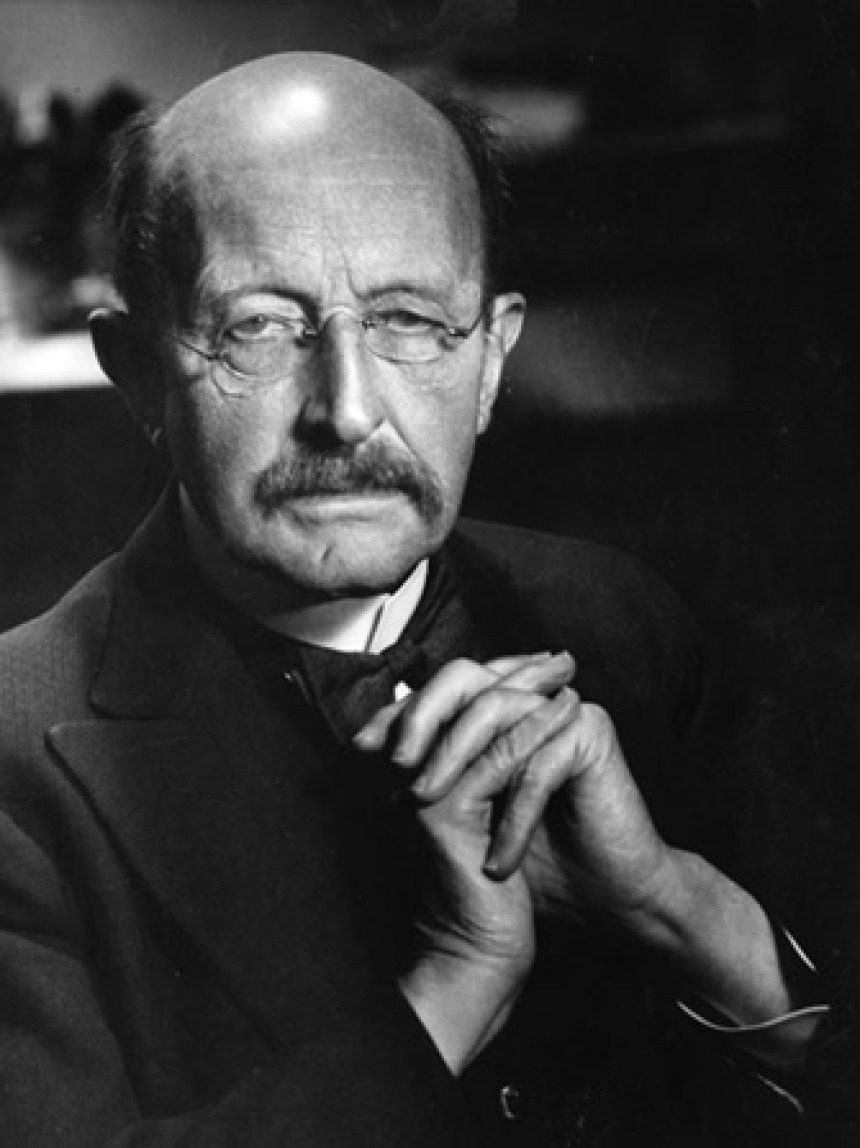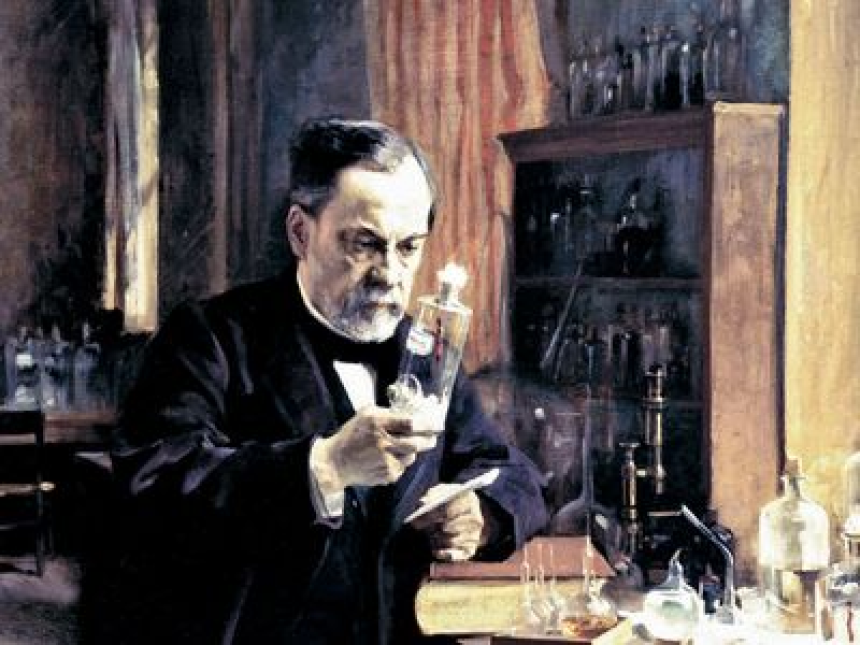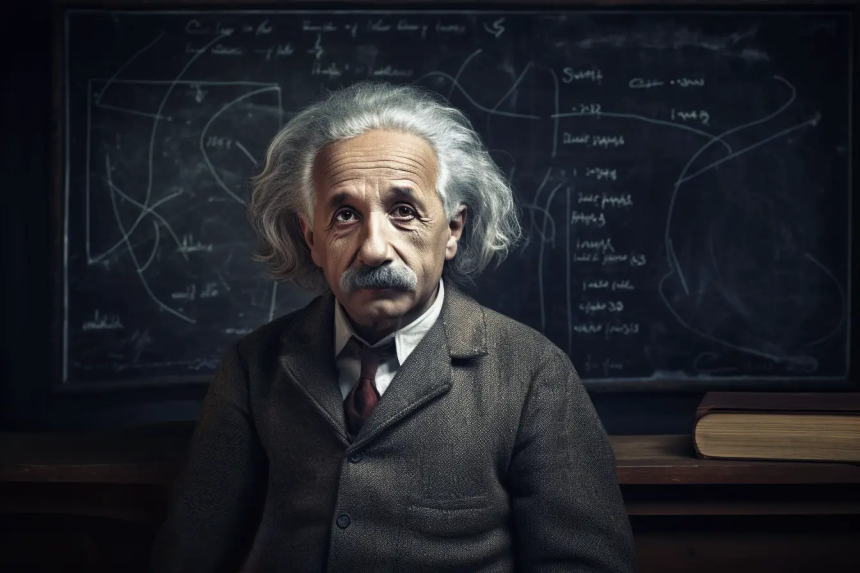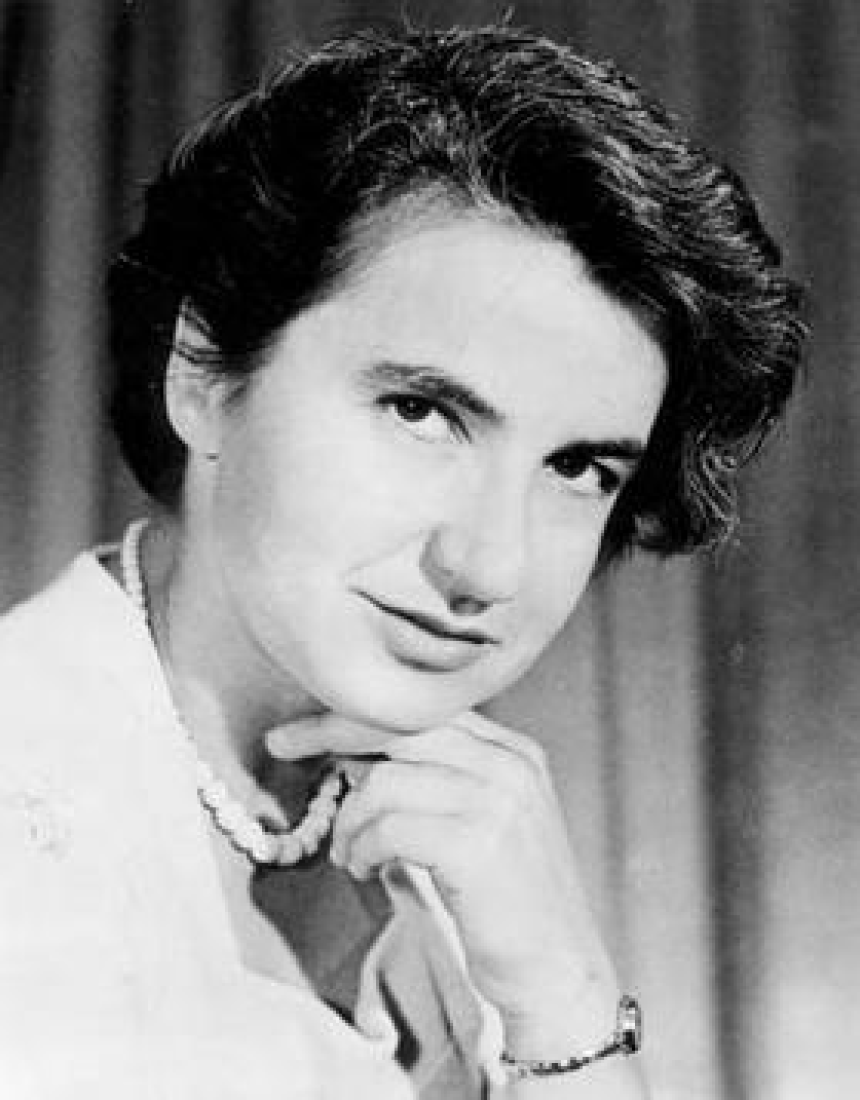
Max Planck
Max Planck: A Founding Father of Quantum Theory
Max Planck: A Founding Father of Quantum TheoryWhen it comes to important figures in the world of physics, Max Planck's name stands out among the rest. Born on April 23, 1858, in Kiel, Germany, Planck's contributions revolutionized our understanding of the fundamental nature of energy and paved the way for the development of quantum theory. This blog post explores the life and work of Max Planck, shedding light on his groundbreaking discoveries and their impact on the scientific community.
Early Life and EducationMax Karl Ernst Ludwig Planck was the sixth child of Johann Julius Wilhelm von Planck, a law professor, and Emma Patzig. He grew up in an academic environment, which fostered his interest in the sciences from a young age. Inspired by his father's passion for physics, Planck decided to pursue a career in the field.
Planck completed his undergraduate studies at the University of Munich and the University of Berlin, where he developed a strong foundation in mathematics and physics. He went on to earn his doctorate in theoretical physics, writing his dissertation on the subject of the second law of thermodynamics.
Quantum Theory and the Planck ConstantIn 1900, Max Planck made a groundbreaking discovery that would change the course of physics forever. While studying black-body radiation, he noticed that energy could only be emitted or absorbed in discrete units, which he called "quanta." This observation challenged the prevailing notion that energy was continuous.
Planck's groundbreaking work led to the formulation of the Planck constant, denoted as h, which measures the proportionality between the energy of a particular quantum and its frequency. This constant is a fundamental building block of quantum theory and has far-reaching implications in various fields of physics, including quantum mechanics and quantum electrodynamics.
Legacy and RecognitionsMax Planck's contributions to science earned him numerous accolades and honors throughout his career. In 1918, he received the Nobel Prize in Physics for his discovery of energy quanta. He also served as the President of the Kaiser Wilhelm Society (now known as the Max Planck Society) for over two decades, further solidifying his impact on the scientific community.
Today, Planck's legacy lives on through the Max Planck Society, which is regarded as one of the world's leading research organizations. It continues to pursue scientific breakthroughs in a wide range of disciplines and upholds the principles of excellence and innovation that Max Planck championed during his lifetime.
ConclusionMax Planck's pioneering work in the field of physics has left an indelible mark on our understanding of the universe. His discovery of energy quanta and the formulation of the Planck constant paved the way for the development of quantum theory, revolutionizing the field and propelling scientific progress forward. As we continue to delve deeper into the mysteries of the universe, we owe a debt of gratitude to the brilliant mind of Max Planck.
FAQs1. What is the significance of Max Planck's discovery?Max Planck's discovery of energy quanta challenged the prevailing understanding of energy as a continuous wave and instead introduced the concept of energy being emitted or absorbed in discrete units. This marked a significant shift in our understanding of the nature of energy and laid the foundation for the development of quantum theory.
2. How did Planck's work influence the field of physics?Planck's work on the Planck constant and quantum theory revolutionized the field of physics. It provided a new framework for understanding the behavior of matter and energy on an atomic and subatomic level, leading to the development of quantum mechanics and various other areas of study within physics.
3. What is the Planck constant?The Planck constant, denoted as h, is a fundamental constant of nature that measures the proportionality between the energy of a particular quantum and its frequency. It is used extensively in various branches of physics, including quantum mechanics and quantum electrodynamics.
4. What other contributions did Max Planck make?In addition to his work on energy quanta and the Planck constant, Max Planck made significant contributions to the field of thermodynamics and the study of radiation. His second law of thermodynamics, as explored in his doctoral dissertation, helped lay the groundwork for our understanding of entropy.
5. How is Max Planck remembered today?Max Planck is remembered today for his pioneering work in physics and his contributions to the scientific community. His legacy lives on through the Max Planck Society, which continues to carry out scientific research across a wide range of disciplines. Planck's discoveries and theories remain foundational to modern physics.





